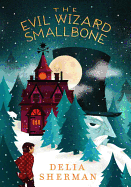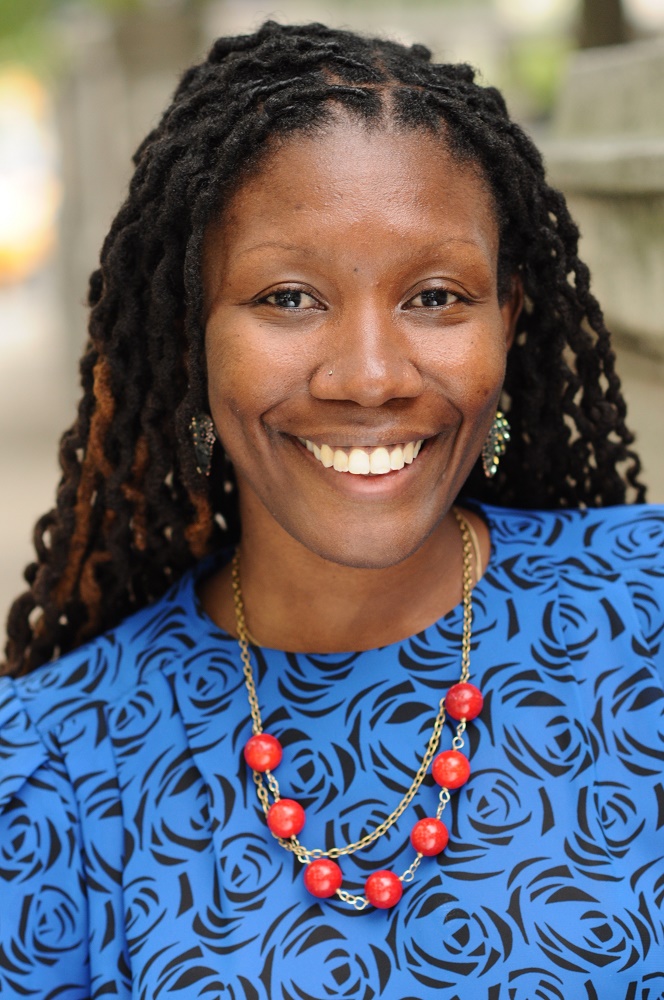 |
| photo: Jason Berger |
Nicole Dennis-Benn's debut novel is Here Comes the Sun (Liveright/Norton, July 5, 2016). Her work has appeared in the New York Times, Elle, Lenny Letter, Electric Literature, Kweli Literary Journal, Mosaic and Ebony, among others. Born and raised in Kingston, Jamaica, she teaches writing for the City University of New York and lives with her wife in Brooklyn, N.Y.
On your nightstand now:
Citizen by Claudia Rankine has been on my nightstand for a long time. It's deeply moving, intimate, honest; the subtle irony, searing. I like having it next to me--the way my mother and grandmother used to keep an open Bible above our heads, hoping the luminous pages would either enlighten us or keep spirits at bay. Recently, Citizen has served as just that--a Bible of sorts as I grapple with the untimely and unjust deaths of Philando Castile and Alton Sterling. Not that the book serves as protection in any way, but it reminds us of the struggle and what's at stake in a society bent on criminalizing black men and women. Ta-Nehisi Coates's Between the World and Me has been on my nightstand as well. I reached for it out of desperation to make sense of the rage I felt when I realized that the four-year-old daughter of Philando Castile's girlfriend witnessed his murder from the backseat of the car. In his book, Coates proves to us that innocence is a privilege that does not belong to the black child.
I just finished reading Tanwi Islam's Bright Lines. It's such a refreshing book about family, love, identity, acceptance and loss from the perspective of a Bangladeshi family in Brooklyn--which is not usually seen in mainstream culture. I loved Kaitlyn Greenidge's We Love You, Charlie Freeman, and can't wait to read Tracy Chiles McGhee's Melting the Blues and Sanderia Faye's Mourner's Bench. Finally, I've been reading the anthology Why We Write About Ourselves, in which authors such as Edwidge Danticat, James McBride, Cheryl Strayed, Jesmyn Ward and other literary luminaries offer their insights about writing nonfiction and overcoming their fears of revealing too much about themselves and the people they write about. This book is especially important to me now because I've been writing a lot of personal essays lately.
Favorite book when you were a child:
The Sweet Valley Twins and Sweet Valley High series by Francine Pascal. I read them religiously in middle and high school, the way some kids devour Harry Potter now.
Your top five authors:
Toni Morrison gives me permission to tell the stories that are important to me. Edwidge Danticat and Paule Marshall make me aware of the possibility of telling stories about the Caribbean--our people and our culture--with characters as complex as our post-colonial history. Jhumpa Lahiri, like Danticat and Marshall, documents the immigrant experience--I am especially awed by her intimate portrayal of Indian families adjusting to their new environments. Elizabeth Strout's extraordinary sense of place and characterization in Olive Kitteridge captivates me--I've hungered for new books from her ever since reading this one.
Book you've faked reading:
I faked reading books in high school. Not that I didn't finish them. I was an avid reader, but a slow one. So I had to pretend for the sake of class discussions. To this day, my high school friends still muse about how I was so "on top of things." To be honest, I don't know how I did it either--how my responses even made sense to the teacher. I enjoyed A House for Mr Biswas by V.S. Naipaul, for example, but it took me a whole summer to read it (after the book report deadline), because I wanted to savor it. I was that kind of a reader--even back then. I was also the type of young reader who questioned why we weren't reading books that were relevant to us as Jamaicans. Not that I didn't enjoy reading William Shakespeare, Mark Twain, Harper Lee, J.D. Salinger, Jack Schaefer and others. I just wish that we were assigned books by Michelle Cliff or Claude McKay, too. Perhaps other schools read them, but I didn't know who they were until adulthood.
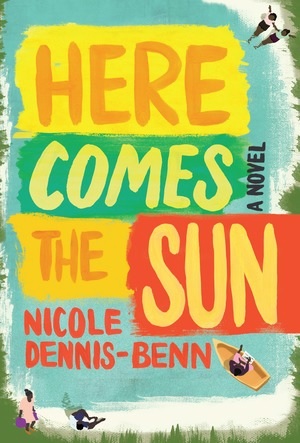 Book you're an evangelist for:
Book you're an evangelist for:
The Bluest Eye. Toni Morrison holds a mirror up to readers' faces, informing us of the implications of internalized racism.
Book you've bought for the cover:
I have a number of examples: Ghana Must Go by Taiye Selasi has a gorgeous cover; I've been a fan of Selasi's work ever since her story "The Sex Lives of African Girls" appeared in Granta. The beautiful colors on the cover of Night at the Fiestas by Kirstin Valdez Quade drew me in--I was happily rewarded with her great stories. Mecca Jamilah Sullivan's Blue Talk and Love has a beautiful image of a woman with an afro on the cover--her lyrical prose and distinct voice won me over. And the cover of Marlon James's A Brief History of Seven Killings, like the story itself, is absolutely stunning; I especially love the hummingbird--Jamaica's national bird--against the bright yellow backdrop.
Book you hid from your parents:
I used to read the short stories in the Best Lesbian Erotica series. I collected the individual books, but when my mother left Jamaica to visit me in college I would hide them inside my tiny room. This was before I came out, so there was great desperation to get rid of them. I ended up throwing out the 2001 issue (the best one!) by mistake.
Book that changed your life:
The Alchemist by Paulo Coelho. I learned so much about the importance of perseverance and mindfulness from that book. I read it at a time in my life when I felt hopeless and stuck, unable to visualize ways in which I could achieve the one dream I secretly nurtured--which was to become a writer.
Character you most relate to:
Sula Peace, the main character in Toni Morrison's Sula. She defied the gendered norms of her time, left her hometown to go to school and experience life, and got in touch with her sexuality, about which she was unapologetic. I read Sula at a time when my own life choices were being questioned. Like Sula, I deviate from the gendered expectations in my culture--I'm married to a woman, have waited until my 30s to think about raising children, and live far away from home and family to, in Sula's words, "make myself."
Favorite line from a book:
"I think it pisses God off if you walk by the color purple in a field somewhere and don't notice it.... People think pleasing God is all God cares about. But any fool living in the world can see it always trying to please us back." --from The Color Purple by Alice Walker
Five books you'll never part with:
I've mentioned most of them in the previous questions, but I would like to add White Teeth by Zadie Smith, Drinking Coffee Elsewhere by ZZ Packer, The Buddha in the Attic by Julie Otsuka, We Need New Names by NoViolet Bulawayo, and Half of a Yellow Sun by Chimamanda Adichie.
Book you most want to read again for the first time:
All of Toni Morrison's books. I re-read them as though I don't know the ending. It's such a pleasure to experience her lush language.
Book that made you want to become a writer:
Brown Girl, Brownstones by Paule Marshall had a huge impact on me. It was refreshing to see such a moving, complex story told about Caribbean immigrants. I never saw myself in literature, so Marshall was one of the first to make me realize that I exist--and not just as a caricature. Also Breath, Eyes, Memory by Edwidge Danticat. I was in awe of the depth Danticat went with her characters, also Caribbean immigrants. She touched on mental health, eating disorders and sexuality--themes I had never seen explored in Caribbean literature. Both books made me realize that I can also tell complex stories with unflinching honesty.
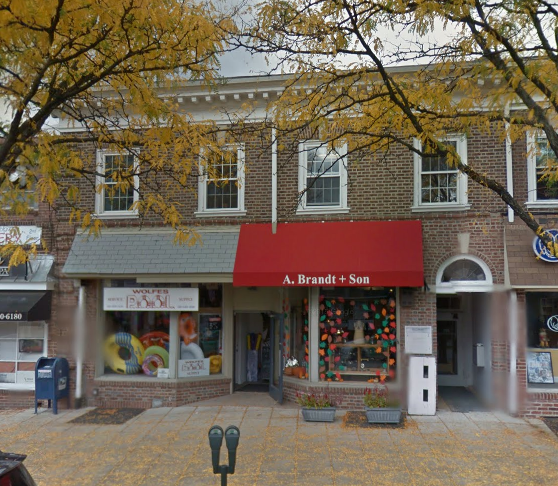










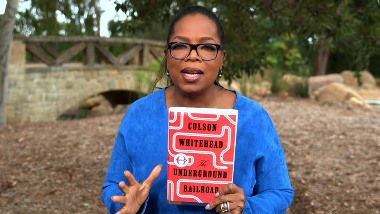
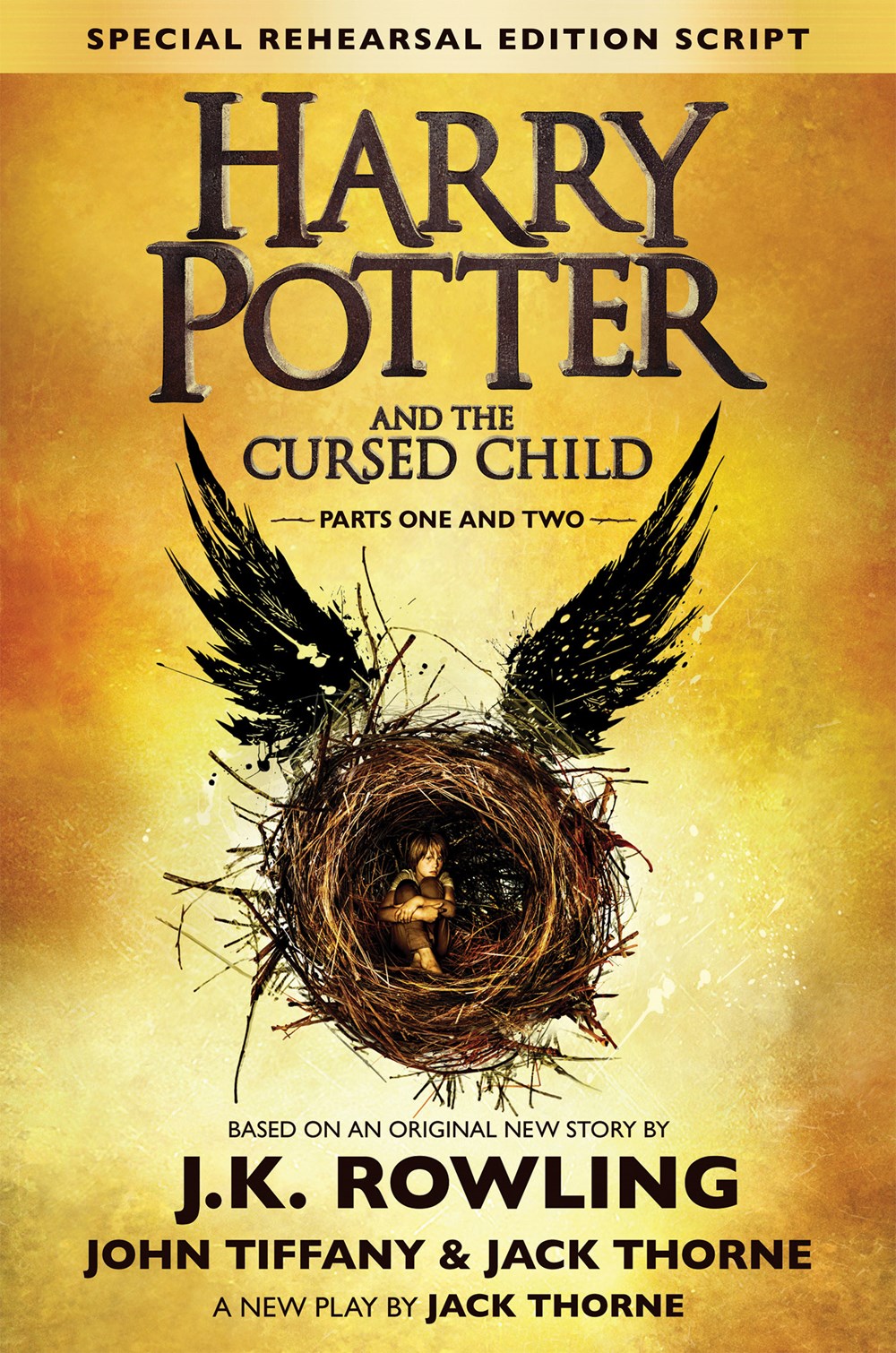 Magic is in the air this week for Scholastic, which published Harry Potter and the Cursed Child Parts One and Two in the U.S. and Canada. Retailer reports estimate that more than two million copies were sold in North America during the first two days after the book was released at 12:01 a.m. Sunday morning, an unprecedented performance for a script book, according to the publisher. Scholastic had announced a first printing of 4.5 million copies
Magic is in the air this week for Scholastic, which published Harry Potter and the Cursed Child Parts One and Two in the U.S. and Canada. Retailer reports estimate that more than two million copies were sold in North America during the first two days after the book was released at 12:01 a.m. Sunday morning, an unprecedented performance for a script book, according to the publisher. Scholastic had announced a first printing of 4.5 million copies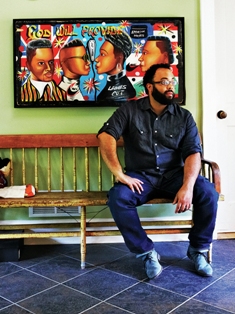
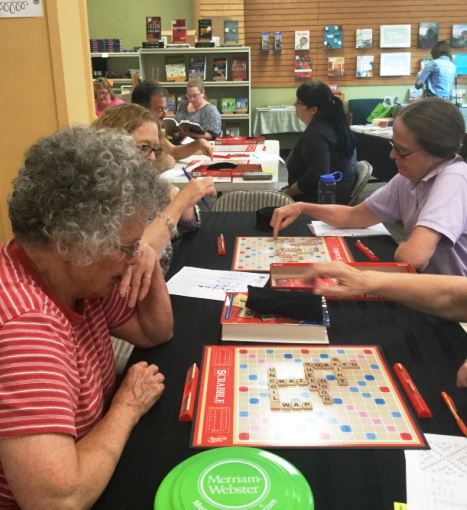 Last week
Last week 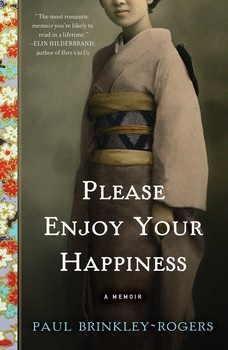 "From the moment I heard about this month's book buyer's pick, Please Enjoy Your Happiness, by Paul Brinkley-Rogers, I was intrigued. Then I started reading it and was completely knocked off my feet.
"From the moment I heard about this month's book buyer's pick, Please Enjoy Your Happiness, by Paul Brinkley-Rogers, I was intrigued. Then I started reading it and was completely knocked off my feet.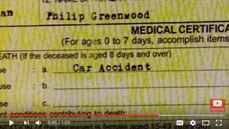 Playing Dead: A Journey Through the World of Death Fraud
Playing Dead: A Journey Through the World of Death Fraud
 Book you're an evangelist for:
Book you're an evangelist for: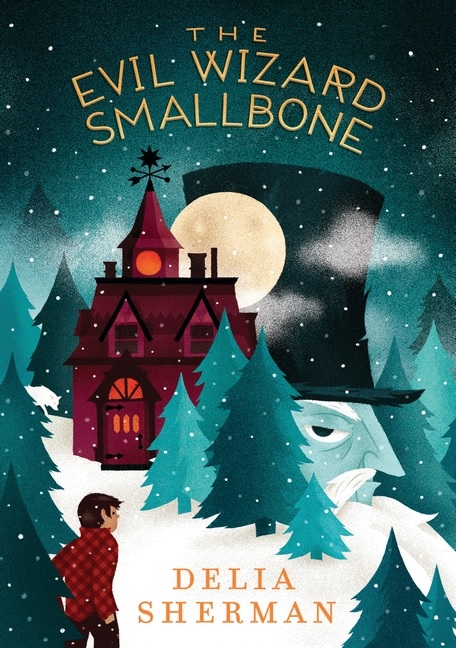 In her entertaining modern-day fantasy set in Maine, Delia Sherman (Changeling; The Freedom Maze) examines whether an evil wizard can also be good; the qualities necessary for success; and the importance of writing one's own story.
In her entertaining modern-day fantasy set in Maine, Delia Sherman (Changeling; The Freedom Maze) examines whether an evil wizard can also be good; the qualities necessary for success; and the importance of writing one's own story.